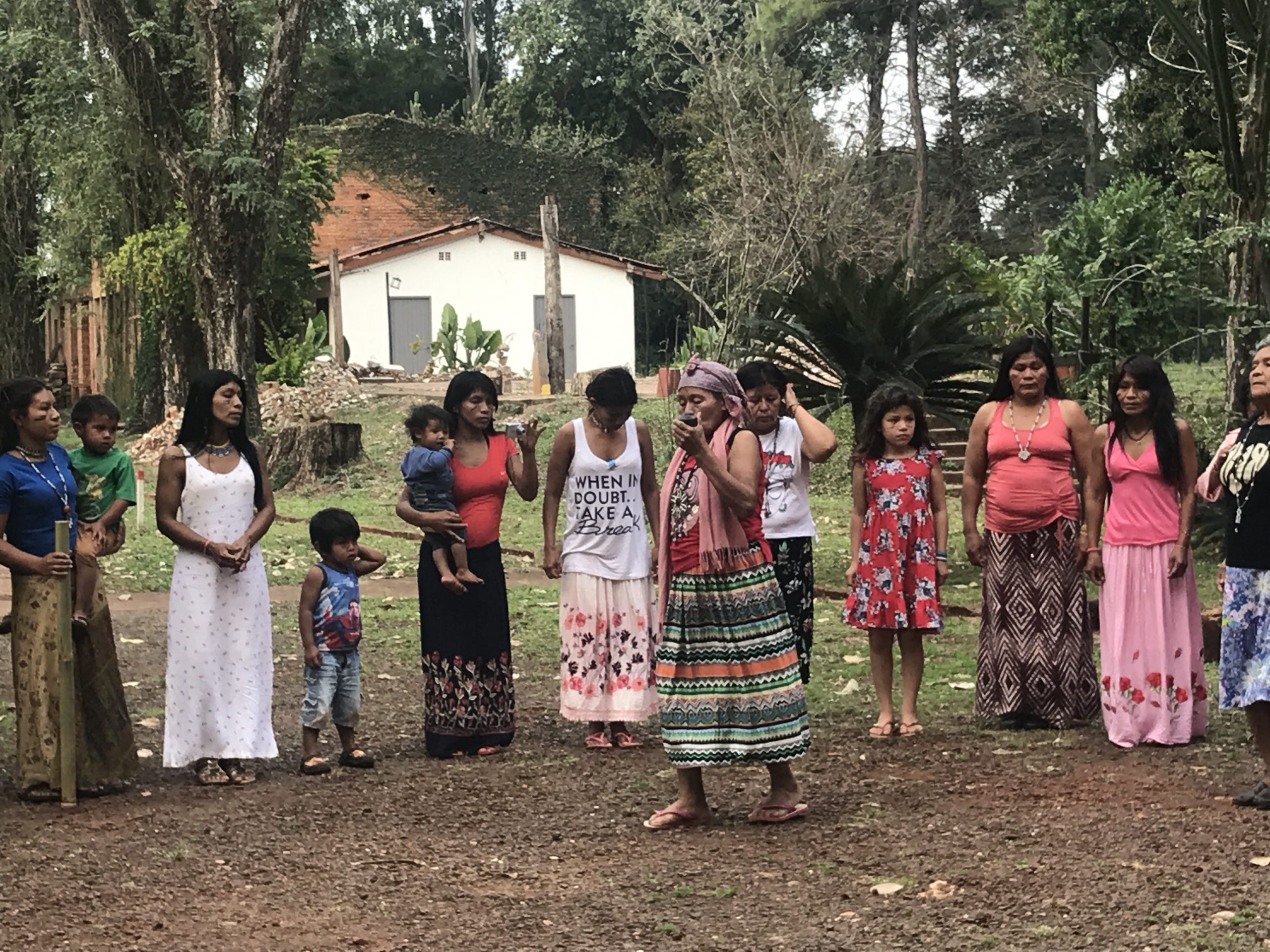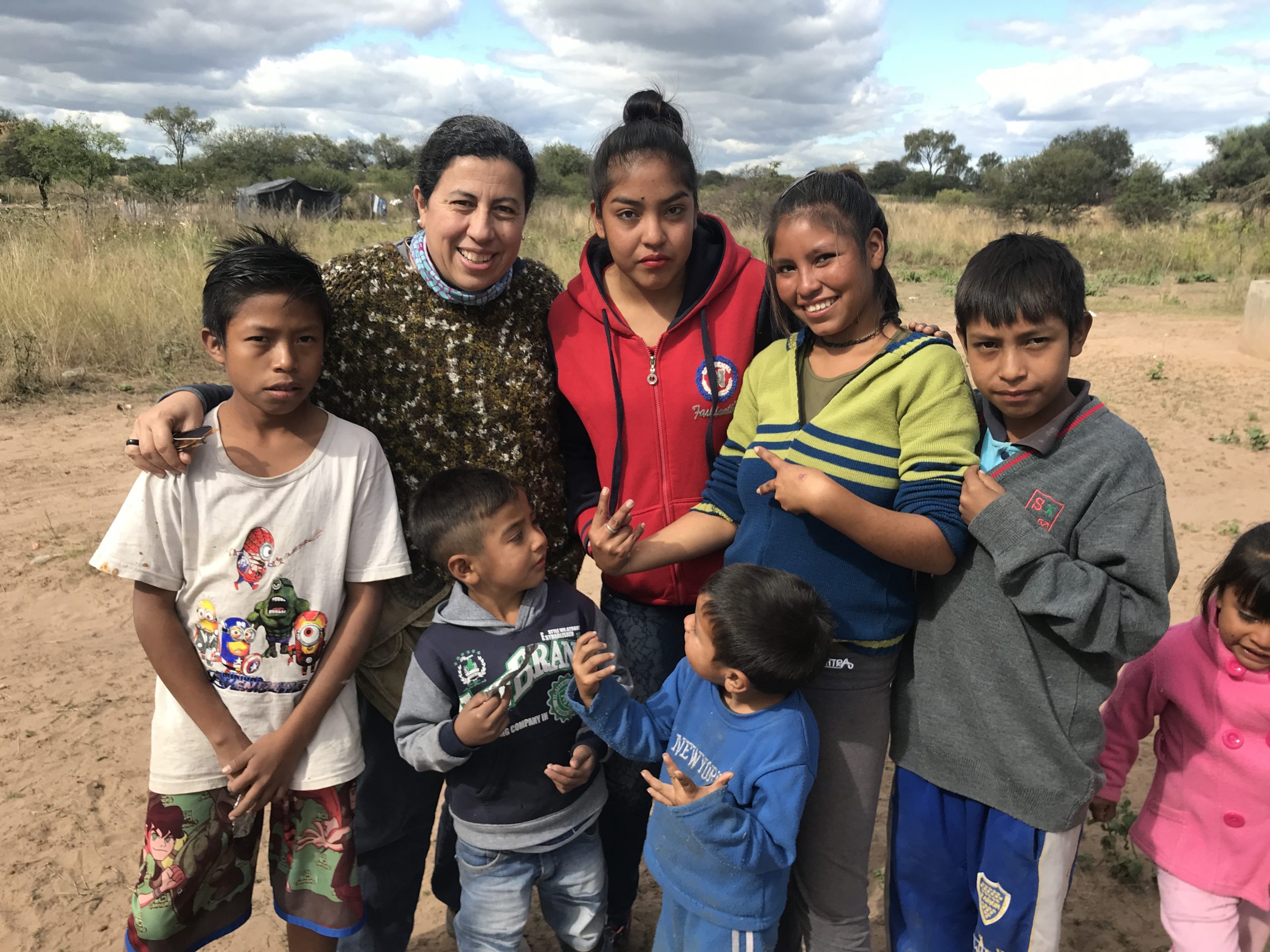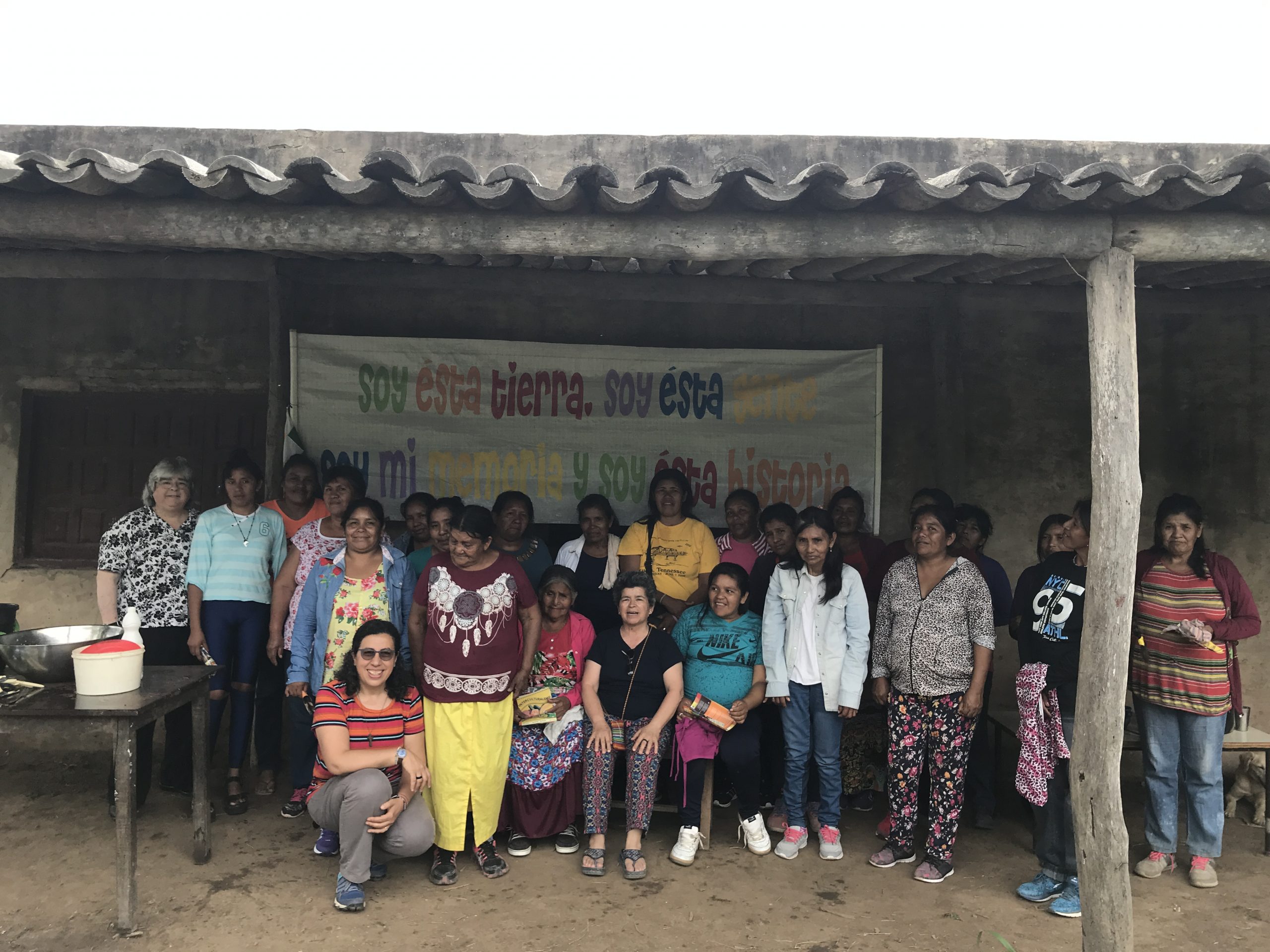
By Sister Rosita Sidasmed
Where is your brother? I do not know, am I my brother’s keeper?
(Gen. 4:9)
“Where is your brother?” This question challenges us and appeals to each one of us no matter where we find ourselves. Where is the other? Where is the one who is different from me? We must be attentive to and identify where the answer comes from: a sense of empathy, solidarity, privilege, prejudice, racism, stories—in brief, we will answer this question based on our subjectivity and experiences. Where is my brother and where am I?
As I came across different worldviews like the ones of the indigenous peoples I have encountered over the last 20 years, I realized that I had been stigmatizing narratives about them along with deep ignorance and disregard. This was due to the hegemonic and self-referential education I received during my childhood and youth. By sharing life with indigenous communities, I discovered that it was possible to have another way of understanding the world, an understanding that was different from the one I had been learning for years but one that was as valid as mine.
I asked myself, “Is there anybody else who is more or less human than I am?” and the answer was, “No!” There are various cultures, identities and cosmo-visions that are neither better nor worse, they are just different. And I recognized that I belonged to just one of many.

However, coming to this understanding means casting away views that consider inequalities in terms of “inferiority” or “superiority,” of “being developed” or “civilized” or “not.” Opening ourselves to what is different also means giving ourselves the opportunity to learn.
As I walked alongside indigenous people, I began to experience that racism is intimately linked to violence of all kinds—above all, institutional violence that systematically deprives people of the enjoyment of rights and deprives them of “good living.”
Why do differing identities trouble us when differences are made visible? This is a good question that has to be answered calmly and thoughtfully. Undoubtedly, power will come into play, a power that we believe cannot be lost and must be retained at all costs; difference is considered a threat and at the same time it can be seen in the anthropology and Christology that run through each of us.

“I don’t know…” This is a categorical answer that speaks more about oneself than about others, an answer that ignores the invitation to universal community and brotherhood and that leads to this question, “Am I my brother’s keeper?” This response is about the displeasure of somebody who ignores others. It entails a rejection of any positive and humanizing relationship that can be built with others, a rejection of the ethical responsibility to care for and protect the lives of others or advocate for victims beyond any ideology or partisan political vision.
“Tell me who you discriminate against, who you ignore, and perhaps I can tell you what kind of God you believe in.”

The strong invitation we receive to live the culture of encounter in these times, to have an experience with somebody totally different and at the same time essentially similar, gives way to the interrelation and interculturality in which we are all immersed. It leads us not only to recognize the value of human dignity but also to think about ourselves based on this connection, without which I cannot be myself, either. We need one another in order to understand reality, because the other person, being different, can perhaps show me what I have never seen.
Thus, silence, listening to others, our gaze, our gestures and our words will become bridges of mercy that will overcome excluding, discarding, discriminatory and racist views. We learn to regard solidarity in a new way, that is: being with the other, being for the other, being thanks to the other.
“The culture of encounter is about knowing that beyond our differences, something greater unites us and transcends; it is an encounter in which every person can recognize herself/himself and her/his dignity is restored as a child of God. Creating this culture is everybody´s responsibility.”
– Pope Francis
Sister Rosita Sidasmed lives in Clorinda-Formosa in the north of Argentina. She has been accompanying indigenous peoples there for more than 20 years and is a member of the National Coordination Team for Indigenous Pastoral (ENDEPA) in her country.